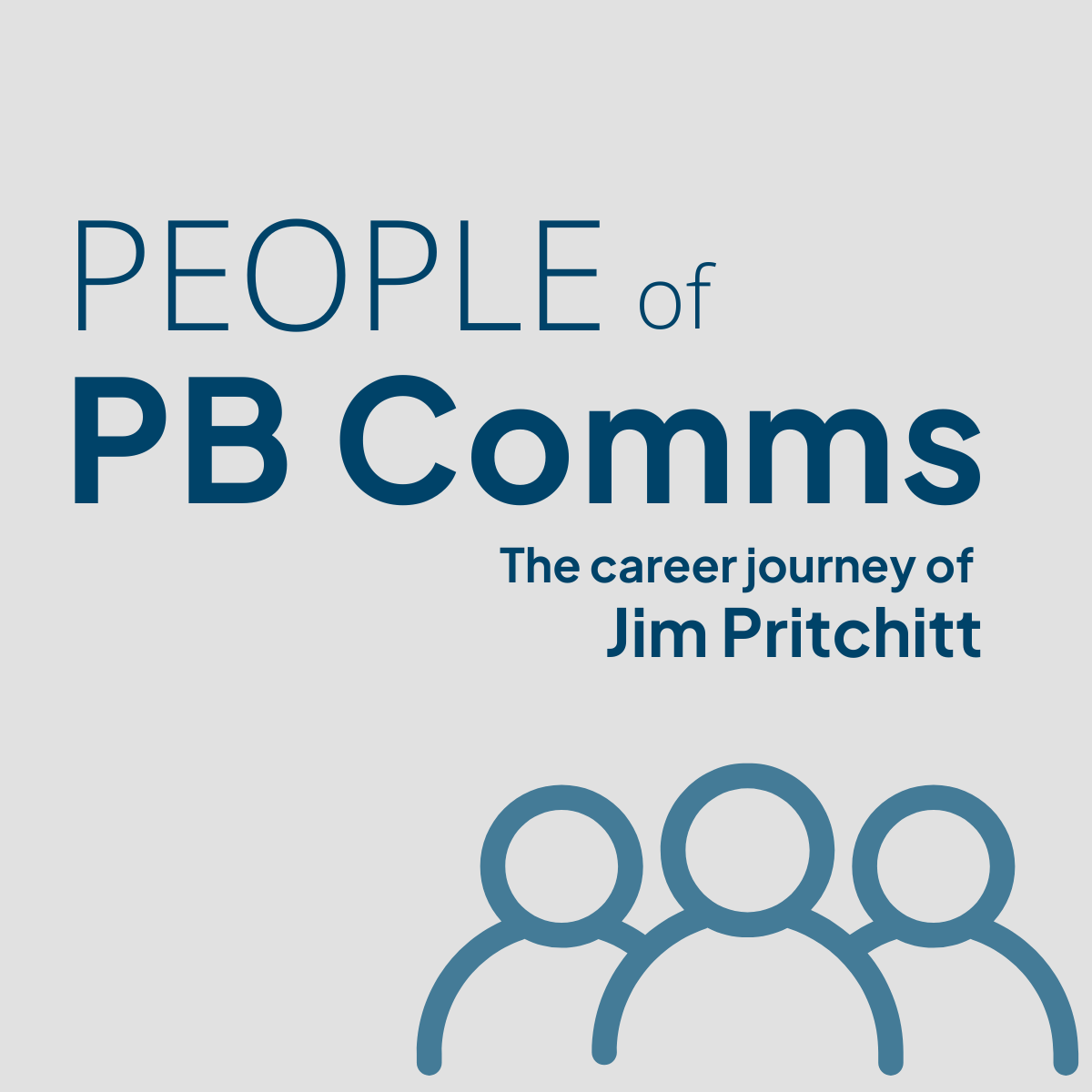Financial services organisations will be hoping for a better 2019 after the Hayne Royal Commission and the Annus Horribilis that was 2018.
For a better 2019, it has to be a year where emphasis is on change, ethics and communication for financial services organisations. It will be a challenge, and it will involve specialist communications programs to ensure the message is clear and is understood.
Communication consultancies that specialise in Financial Services, such as our own, have already increased resources to be able to meet anticipated demand and the needs of clients.
To be able to position organisations as having learned from the past and changed, and to be able to show convincing evidence of ethical behaviour, will be key – particularly in light of the “unethical behaviour” behind the disclosures at the Royal Commission. Showing proof that ethical behaviour has been adopted will be essential in financial services. It is where reputation and trust start.
Drawing attention to ethics (a bit of chest beating here) is why we have asked Dr Simon Longstaff of the Ethics Centre as our Guest of Honour at our annual New Year function later this month. He will talk on why ethics is good for business and his comments will be a useful contribution to the conversation about ethics in financial services.
The “where we are now” starting point for any communication program was starkly outlined by the Hayne Royal Commission. Financial services is at the nadir of trust and reputation. By now, financial institutions should have already defined “where they want to be” and how they want to be seen in the future.
The hardest part will be deciding on, and implementing, a strategy that will effectively bridge the gap between current perceptions and desired positioning.
Australians will be looking for proof of lessons learned, evidence of change, and commitment to ethical behaviour before trust is restored.
Financial services generally will need to avoid slick (or glib) claims to show new approaches and standards, or at least back them up with proof of change. Likewise, any cultural changes will need to be backed by proof and an effective communication program to be persuasive.
Examples will be the best evidence. Customers should see proof of change in their dealing with financial institutions simply through the behaviour of their people. Which is why we argue that codes of ethics and practice, which all staff can commit to, are essential in financial services.
Glossy advertising campaigns alone will not cut it. One of the reactions financial services will need to overcome is “Well, they would say that wouldn’t they?” This is why third-party endorsement is so powerful.
A small example is “paid content” vs “published article”. An article selected by editors for inclusion in their publication has to have more influence than one paid for by the organisation represented.
When such activities form part of a broader communication program with a number of elements (such as social media and presentations) to extend third party endorsement they become even more powerful.
The most effective messaging will be what is implicit in what is said and done, rather than explicit in claims, in a program that has each part consistent with, and reinforcing, the others.
But none of this will work unless real change is implemented and is reflected in improved business practices and communication. Which gets back to why enforceable ethical standards will be good for financial services organisations.


















